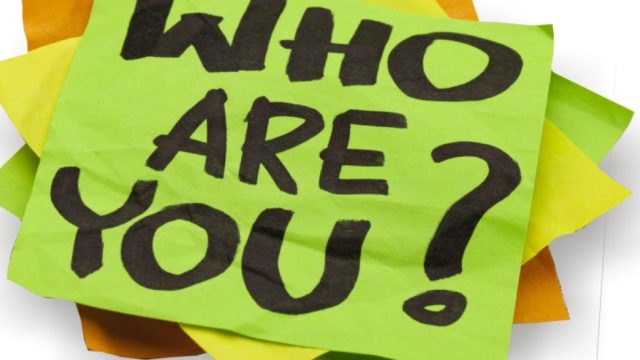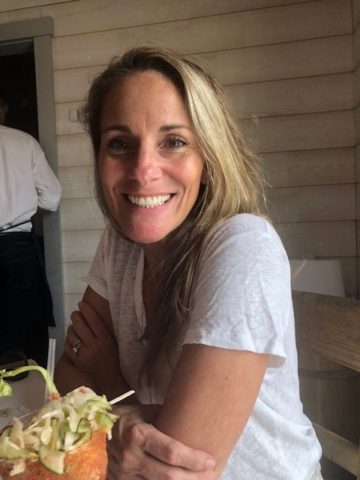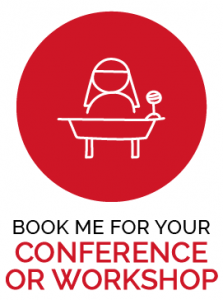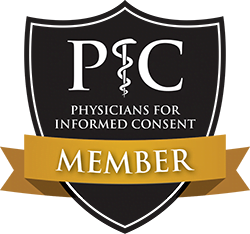Cancel Culture is of course, a product of our social media driven society. Because let’s face it if you don’t agree with somebody you can just block them on your social media account and cancel them out, cancel their dialogue, cancel any form of discourse. But are we really doing justice to not only our lives, but to the gospel? and if you’re wanting to walk in faith, cancel culture just doesn’t fit in. The whole premise of the first two commandments alone are to be in relationship. The first is our relationship with God, because that’s the most important. Your second is with your neighbor, who is basically everybody. So how does cancel culture fit in? it just doesn’t.
It also doesn’t mean that we should accept people behaving badly towards us because you know Jesus comes to hold people accountable and in so doing he riles people up. In the gospel we find over and over again being held accountable very important, and why is it important? It’s important because when we hold people accountable, it puts us in a relationship with people, and that’s very hard to do. It’s uncomfortable to call someone out on behaving badly and yet still be in relationship with them. It’s also very difficult to hear someone call you out when you’re behaving badly and still be a relationship with them and not let your pride get in the way. Our egos always get in the way on both sides of that coin. And this is also why mercy and grace are important factors in how we behave toward one another. Because without grace and mercy, how could someone accept me holding him accountable? Without grace and mercy, how can I accept being held acountable?
Do you know what happens when we cancel people and we don’t hold them accountable for bad behavior? It doesn’t actually go away, we haven’t canceled the culture what we’ve done is we’ve canceled listening to it and we’re perpetuating it because we’re not helping to make a change.
I would say we’ve hit the pinnacle of our relational disconnect.
You see, the whole concept of our relationships with one another is not that we bite the bullet or that we accept someone else’s bad behavior toward us. It’s that we create depth by maintaining relationships in which we do hold one another accountable. So that the people we are in relationship with instead of feeling shame, can feel cared for and grow. How do we grow if no one points out where we stray? And this is always a give and take because we will need to be held accountable as well. This will lend itself to true personal growth and also relationship growth.
When you think about families, this sort of thing is baked in because of the nature of the role of the parents. I realize that some families don’t do this well and it becomes dysfunctional. But if we think about the premise of this and we were to respond in this manner in all our relationships, we would see ourselves having the kind of deep rooted friendships that we long for. We would know we are loved unconditionally even though we are held to boundaries.
Many of the societal issues we see today has to do with this breaking of boundaries. And when we get held accountable we get mad. In social media we can cancel you by closing down the dialogue. We can unfriend, block, remove, cancel someone else from our lives.
In fact, corporations who don’t have a relationship with their consumers do this all too frequently.
Government does it, too. So we’ve ended up with a society that is screaming to be heard. Crying to be understood. Wanting so badly for their true selves to be accepted, listened to and their needs met.
On one side we have people saying they should be accepted no matter what their faults are. And we have another side saying they can’t because those particular issues aren’t ones they are willing to accept. So the divide grows greater.
Instead of coming alongside each other out of grace and mercy and love, we are quick to respond by shutting down the other person. Judging them and carving them out of our social circles whether they be electronic or in person.
I believe for our society to truly heal, we need to get out there and get into relationships with others. Even the ones that are uncomfortable. When we learn how to do this and yet also bring each other to a place to gracefully speak about each other’s issues and how to help each other heal, will we then grown collectively as a community.









1 Comment
Beth McNeill
Amen! Thanks for sharing this!
Comment Form